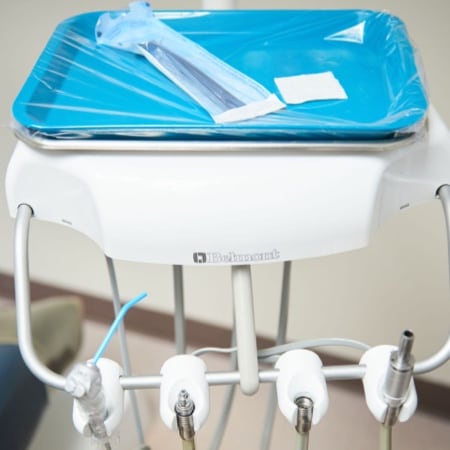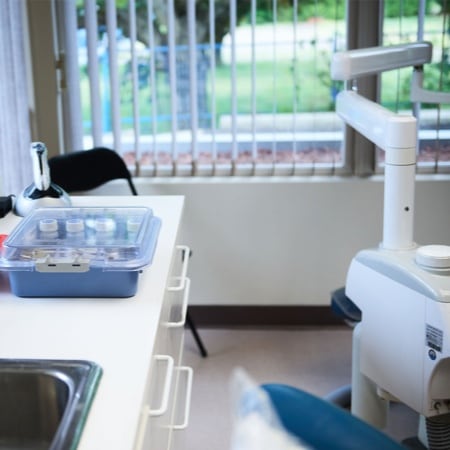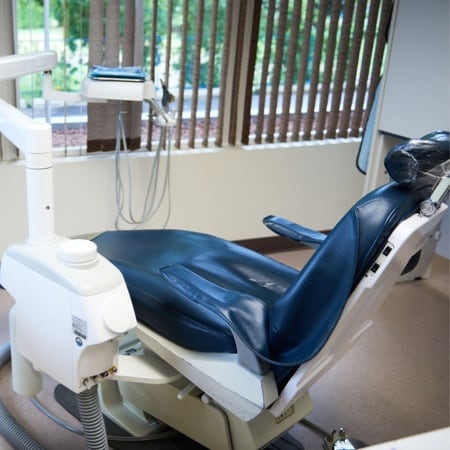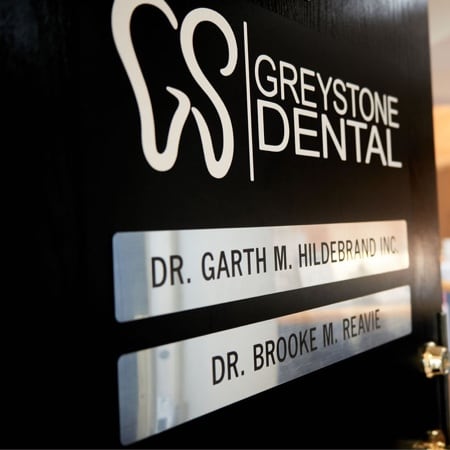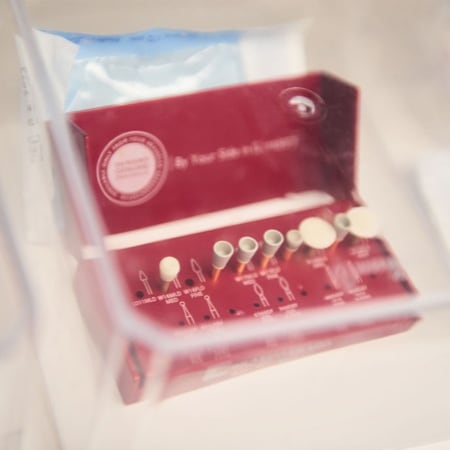If you’ve ever had a tooth that needed extra support or protection, you might have been told you need a dental crown. But how long do dental crowns last?
Dental crowns typically last between 10 to 15 years, though with proper care and depending on the material, they can last even longer. Understanding what a dental crown is, the types available, and factors affecting their lifespan will help you get the most from your investment in dental health.
What Is a Dental Crown?
A dental crown is essentially a custom-made cap that fits over a damaged or weakened tooth. It restores the tooth’s shape, size, strength, and appearance. Crowns are commonly used when a tooth is cracked, severely decayed, worn down, or after root canal treatment.
Crowns protect the tooth from further damage, improve chewing function, and enhance the aesthetics of your smile. They are crafted in a dental lab to fit perfectly and are bonded to your natural tooth for durability.
Different Types of Dental Crowns & Their Longevity
Dental crowns come in various materials, each with unique benefits and longevity:
Porcelain-Fused-to-Metal (PFM) Crowns
PFM crowns combine a metal base with a porcelain exterior. They are strong and offer a natural tooth appearance. These crowns typically last 10 to 15 years but may show metal at the gum line over time as the gums recede.
All-Porcelain or All-Ceramic Crowns
These crowns offer the most natural appearance, making them ideal for front teeth. While they aren’t as strong as metal-based crowns, advancements have made them quite durable. Their lifespan is around 10 to 15 years, but they can chip more easily than metal or PFM crowns.
Metal Crowns
Made entirely of metals like gold or other alloys, metal crowns are the most durable and resistant to wear and fracture. They usually last 15 to 20 years or more, and are typically placed on molars where appearance is less of a concern.
Zirconia Crowns
Zirconia crowns are made from a strong, tooth-coloured ceramic. They combine strength and aesthetics, lasting around 15 years or longer with proper care. Zirconia is highly resistant to chipping and cracking, making it an increasingly popular choice.
What Can Affect the Lifespan of a Crown?
While dental crowns are designed to last, several factors influence their longevity:
- Oral hygiene: Poor brushing and flossing habits can lead to decay around the crown’s edge or gum disease, which can shorten its lifespan.
- Grinding or clenching: Habitual teeth grinding (bruxism) places extra pressure on crowns, increasing the risk of fractures or loosening.
- Diet: Chewing hard foods (like ice, nuts, or hard candy) or using teeth as tools can damage crowns.
- Dental trauma: Accidents or injuries can crack or dislodge a crown.
- Quality of dental work: Crowns well-fitted by experienced dentists tend to last longer.
- Regular dental checkups: Early detection of problems around the crown can prevent failure.
How Will You Know When a Crown Needs to Be Replaced?
Crowns don’t last forever, but how can you tell when it’s time for a replacement? Watch for these signs:
- Pain or sensitivity: Discomfort when biting or when consuming hot or cold liquids and foods may indicate decay under the crown or gum issues.
- Visible damage: Chips, cracks, or a loose crown require prompt dental care.
- Gum recession: If gums pull away from the crown, exposing the tooth root, it increases the risk of decay and may necessitate replacement.
- Wear and tear: Over time, crowns may wear down or lose their shape, affecting how your teeth fit together.
If you notice any of these signs, contact your dentist to determine whether your crown can be repaired or needs to be replaced.
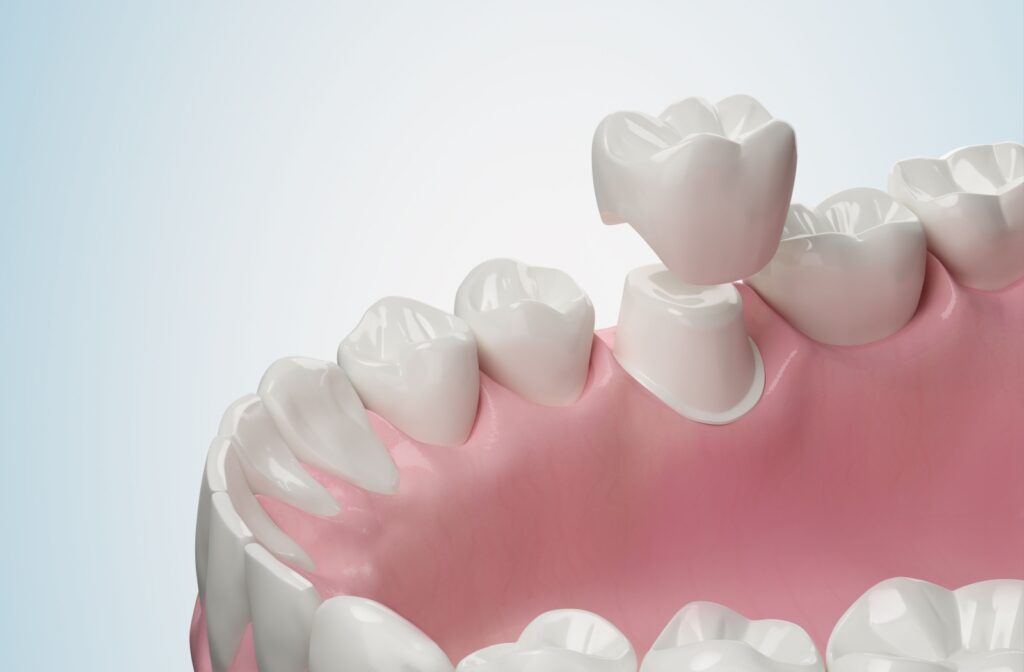
Do Crowns Last Longer Than Veneers?
Crowns and veneers serve different purposes, though both improve appearance and function. Veneers are thin shells bonded to the front of teeth, mainly for cosmetic enhancement. Crowns cover the entire tooth and provide structural support.
In terms of longevity, crowns generally last longer than dental veneers. While crowns last 10 to 15 years or more, veneers typically last 7 to 15 years, depending on material and care. Veneers are more susceptible to chipping since they cover less tooth surface and are thinner.
Choosing between crowns and veneers depends on your dental needs, aesthetic goals, and your dentist’s recommendation.
Caring for Your Dental Crowns
To maximize the lifespan of your dental crown, follow these tips:
- Maintain excellent oral hygiene by brushing twice a day and flossing daily.
- Avoid biting hard objects or using your teeth as tools.
- Wear a mouthguard if you grind your teeth at night.
- Visit your dentist regularly for cleanings and checkups.
- Address any dental pain or sensitivity early with your dental professional.
By taking good care of your crowns, you can enjoy a healthy, confident smile for many years.
Dental Crowns in Chilliwack
Dental crowns are a reliable and effective solution for restoring damaged teeth, protecting oral health, and enhancing your smile. Their lifespan depends on the type of material, how well you care for them, and your individual habits. Understanding the options and how to care for your crown will help you make informed decisions and enjoy long-lasting results.
If you’re considering dental crowns or need a checkup for your existing restorations, Greystone Dental in Chilliwack is here to provide expert care tailored to your needs. Contact us today to schedule a consultation and take the next step toward a healthier, stronger smile.












